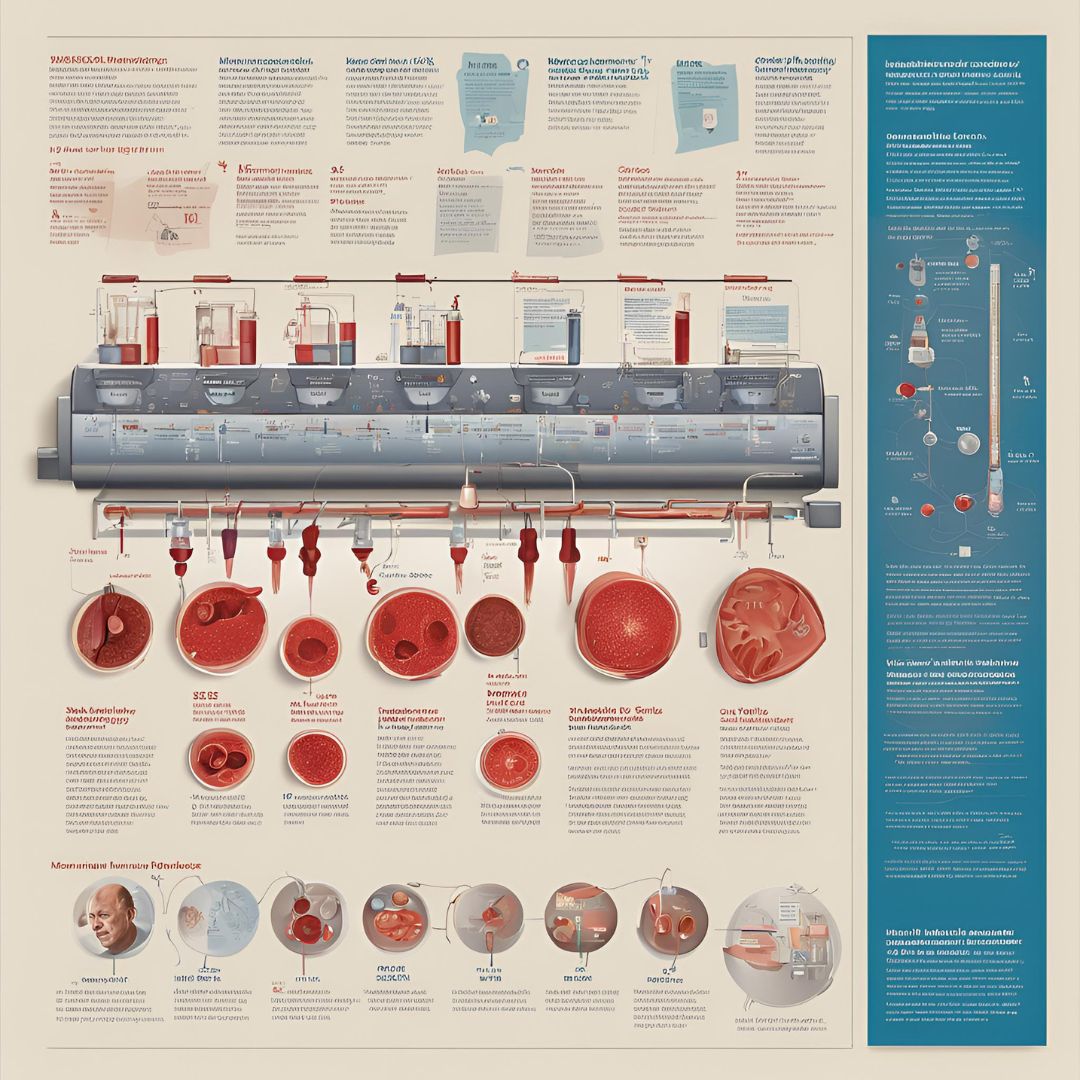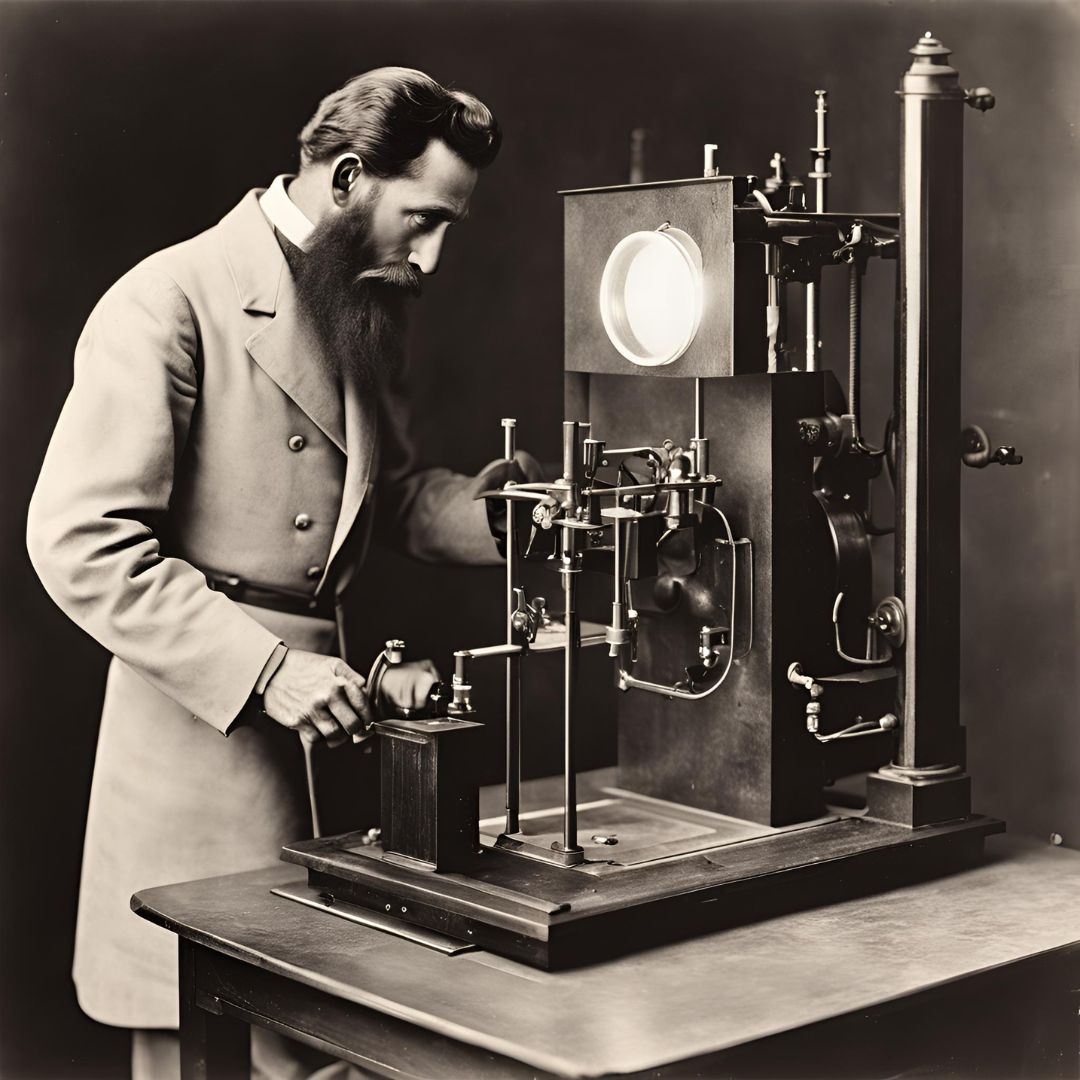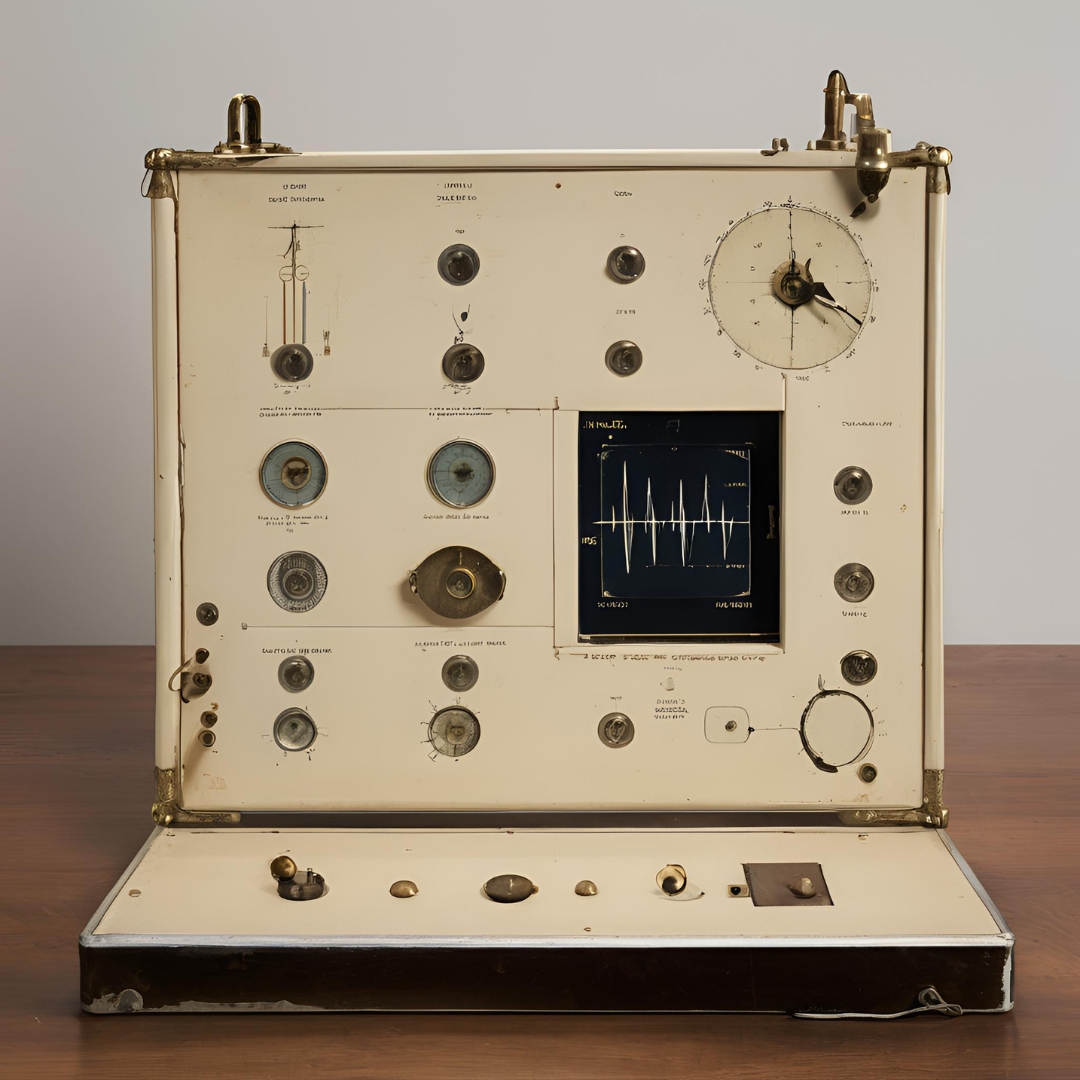Choosing the Right Medical Equipment Supplier: A Comprehensive Guide
In the world of healthcare, the quality and reliability of medical equipment are paramount. Whether you’re running a small clinic or a large hospital, the equipment you use plays a critical role in patient care, diagnosis, and treatment. Therefore, selecting the right medical equipment supplier is essential. But how do you ensure that you’re getting the best equipment? It all starts with choosing the right medical equipment supplier.
In this blog post, I will guide you through the key factors to consider when selecting a medical equipment supplier, the benefits of partnering with a reliable supplier, and how to navigate the challenges that may arise. By the end, you’ll understand how the choice of a medical equipment supplier can significantly impact the success of your healthcare facility.

Why the Right Medical Equipment Supplier Matters
Choosing the right medical equipment supplier is not just about finding the best price; it’s about ensuring quality, reliability, and service. The equipment you purchase will directly affect patient outcomes, the efficiency of your medical staff, and the overall reputation of your facility. Let’s delve into some reasons why selecting the right supplier is crucial:
Quality Assurance
First and foremost, the quality of medical equipment can vary significantly between suppliers. A reputable supplier will offer high-quality, certified products that meet industry standards. This ensures that the equipment is safe, durable, and effective, thereby reducing the risk of malfunctions and improving patient care.
Reliability and Consistency
Moreover, a reliable supplier will provide consistent product availability, ensuring that you have access to the necessary equipment when you need it. This is particularly important for critical supplies like ventilators, monitors, and surgical instruments, where any delay could impact patient care.
Technical Support and Service
Additionally, beyond the initial purchase, a good supplier offers ongoing technical support and maintenance services. This can include installation, training, troubleshooting, and regular servicing, ensuring that your equipment remains in optimal condition.
Compliance with Regulations
Furthermore, medical equipment must comply with stringent regulatory standards. A reputable supplier will ensure that all products meet the necessary certifications and are compliant with local and international regulations. This helps avoid legal issues and ensures that your equipment is safe for patient use.
Cost-Effectiveness
While cost shouldn’t be the only factor, it’s worth noting that a good supplier will offer competitive pricing without compromising on quality. They may also provide flexible payment options, bulk discounts, or financing plans that make it easier to manage your budget.
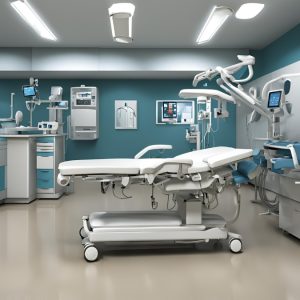
Key Factors to Consider When Choosing a Medical Equipment Supplier
Selecting the right supplier requires careful consideration of various factors. Here’s what to look for:
Reputation and Experience
To begin with, start by researching the supplier’s reputation in the industry. How long have they been in business? Do they have experience working with healthcare facilities similar to yours? Look for customer reviews, testimonials, and case studies that demonstrate their reliability and expertise.
Product Range and Availability
Additionally, a good supplier should offer a wide range of products to meet your diverse needs. Whether you need basic diagnostic tools or advanced surgical equipment, the supplier should have the inventory to support your requirements. Check if they have the equipment readily available or if you’ll face long lead times.
Certifications and Compliance
Another important consideration is to ensure that the supplier’s products are certified and compliant with relevant healthcare standards. This includes ISO certifications, FDA approvals, and CE markings, depending on your location. Compliance with these standards ensures that the equipment is safe, reliable, and effective.
Customer Support and Service
Customer support is another critical aspect of any supplier relationship. Evaluate their level of support, including availability, responsiveness, and the quality of their service team. Do they offer training for your staff? Can they provide prompt repairs and maintenance? These factors can make a significant difference in the long-term success of your equipment investment.
Pricing and Payment Options
While it’s important to consider the cost, don’t be tempted to go for the cheapest option at the expense of quality. Instead, look for a supplier that offers value for money, with transparent pricing and no hidden fees. Additionally, check if they offer flexible payment options, leasing arrangements, or financing plans to suit your budget.
Delivery and Logistics
Furthermore, efficient delivery and logistics are crucial for ensuring that your equipment arrives on time and in good condition. Ask about the supplier’s delivery times, shipping methods, and handling procedures. A reliable supplier should have a well-organized logistics network that minimizes delays and ensures timely delivery.
Warranty and After-Sales Service
A strong warranty and after-sales service are indicators of a supplier’s confidence in their products. Therefore, check the warranty terms, including what is covered and for how long. Also, inquire about the availability of spare parts and the supplier’s policy on repairs and replacements.
Environmental and Ethical Practices
As healthcare facilities increasingly focus on sustainability, it’s important to consider a supplier’s environmental and ethical practices. Do they offer eco-friendly products? Are they committed to ethical sourcing and manufacturing? Partnering with a supplier that shares your values can enhance your facility’s reputation and support your sustainability goals.

Benefits of Partnering with a Reliable Medical Equipment Supplier
Working with a reputable medical equipment supplier offers numerous benefits that extend beyond the initial purchase. Here’s how a reliable supplier can positively impact your healthcare facility:
Enhanced Patient Care
First and foremost, high-quality, reliable equipment directly contributes to better patient outcomes. Whether it’s accurate diagnostics, effective treatments, or reliable monitoring, the right equipment ensures that your patients receive the best possible care.
Reduced Downtime
Moreover, with a dependable supplier, you can minimize equipment downtime. Regular maintenance, prompt repairs, and access to spare parts mean that your equipment stays operational, reducing disruptions to patient care and improving efficiency.
Cost Savings
Furthermore, while the initial investment may be higher, working with a reputable supplier can lead to long-term cost savings. High-quality equipment is more durable and requires fewer repairs, reducing your overall maintenance costs. Additionally, a good supplier may offer discounts, bundled packages, or extended warranties that provide further financial benefits.
Compliance and Risk Management
By ensuring that your equipment is compliant with industry standards and regulations, a reliable supplier helps you manage legal and safety risks. This not only protects your patients but also shields your facility from potential legal issues and fines.
Improved Staff Efficiency
When your medical staff has access to reliable, easy-to-use equipment, their efficiency improves. Consequently, they can focus on patient care rather than troubleshooting faulty devices, leading to a more productive and satisfied team.
Streamlined Operations
In addition, a good supplier relationship goes beyond the transactional. With reliable delivery, consistent product availability, and responsive support, your operations become more streamlined. You can plan better, reduce delays, and ensure that your facility runs smoothly.
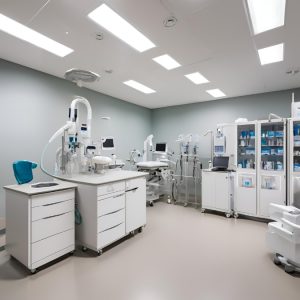
Challenges in Sourcing Medical Equipment and How to Overcome Them
While the benefits of a good supplier are clear, the process of sourcing medical equipment is not without challenges. Here are some common issues and how to overcome them:
Navigating Supply Chain Disruptions
Global events, such as pandemics or trade restrictions, can disrupt supply chains, leading to delays or shortages. To mitigate this risk, work with suppliers that have diverse sourcing options and strong logistical networks. Additionally, establishing relationships with multiple suppliers can provide a backup in case of disruptions.
Ensuring Compatibility
Not all medical equipment is compatible with existing systems or other devices. Before purchasing, ensure that the equipment will integrate smoothly with your current setup. Furthermore, consult with the supplier and your technical team to confirm compatibility and avoid costly adjustments.
Balancing Quality and Cost
It’s tempting to prioritize cost, especially when budgets are tight. However, sacrificing quality for savings can lead to higher costs in the long run due to frequent repairs or replacements. Therefore, focus on suppliers that offer value for money—high-quality products at competitive prices.
Managing Regulatory Compliance
Staying compliant with ever-changing regulations can be challenging. Partner with suppliers who are knowledgeable about regulatory requirements and who offer products that meet or exceed these standards. This partnership ensures that your equipment remains compliant throughout its lifecycle.
Dealing with Unreliable Suppliers
If you find yourself working with an unreliable supplier, it’s crucial to address the issue promptly. Communicate your concerns clearly and seek to resolve them. If the supplier fails to meet your expectations, don’t hesitate to explore other options. After all, your facility’s operations and patient care should never be compromised by supplier issues.
opinion
Choosing the right medical equipment supplier is a critical decision that can significantly impact your healthcare facility’s success. By considering factors such as reputation, product quality, customer support, and compliance, you can select a supplier that meets your needs and supports your mission of providing excellent patient care.
Partnering with a reliable supplier offers numerous benefits, from enhanced patient outcomes to cost savings and operational efficiency. While challenges may arise, they can be managed with careful planning and by working with suppliers who share your commitment to quality and patient safety.
In the end, the right medical equipment supplier is more than just a vendor—they’re a partner in your journey to deliver top-notch healthcare. By making informed choices and building strong relationships with your suppliers, you ensure that your facility is equipped to meet the demands of modern medicine, now and in the future.

